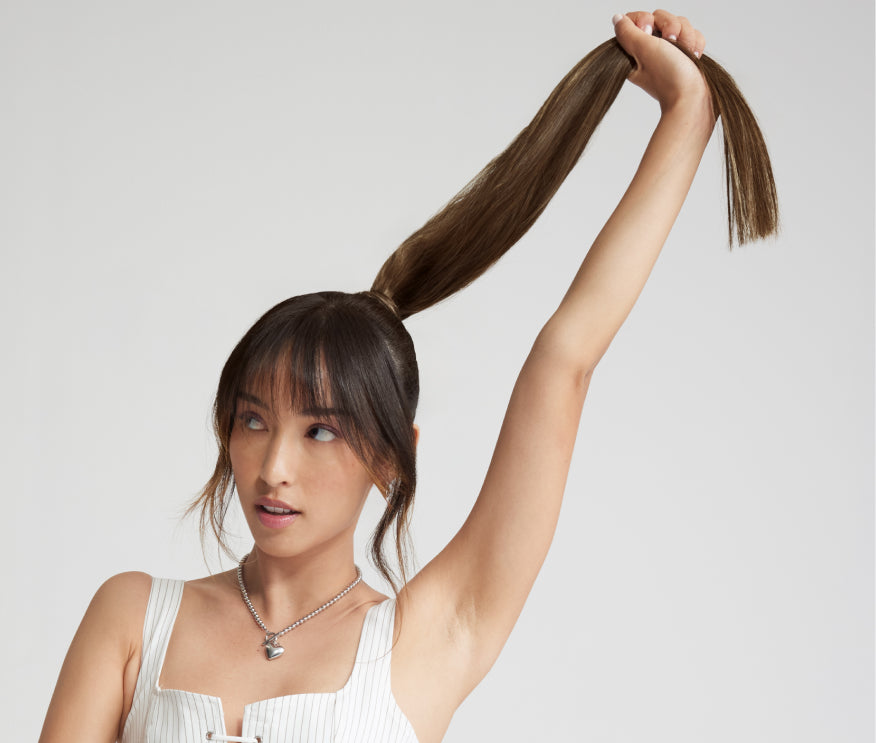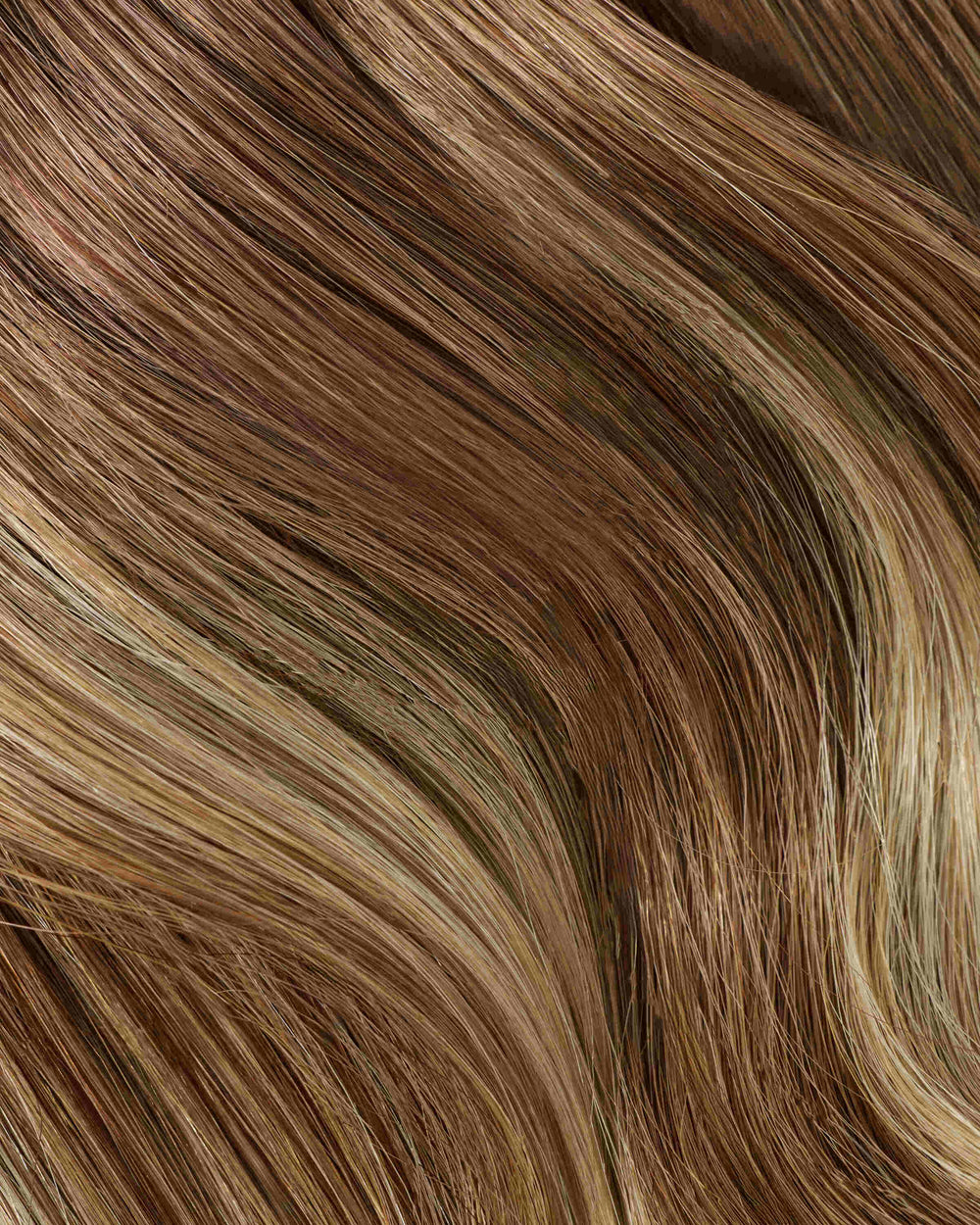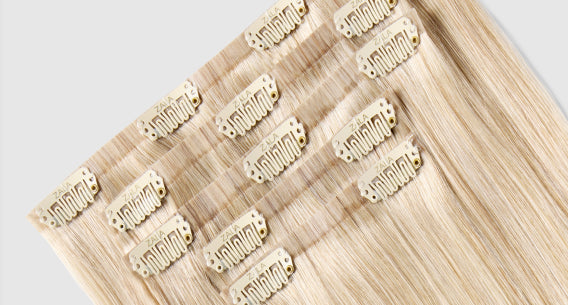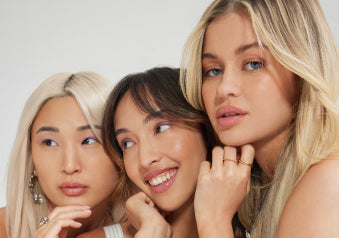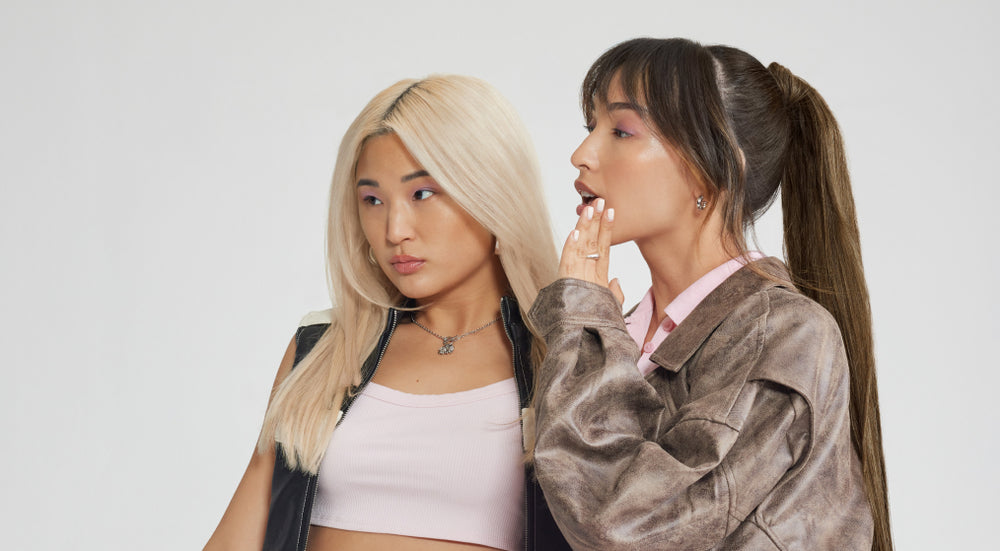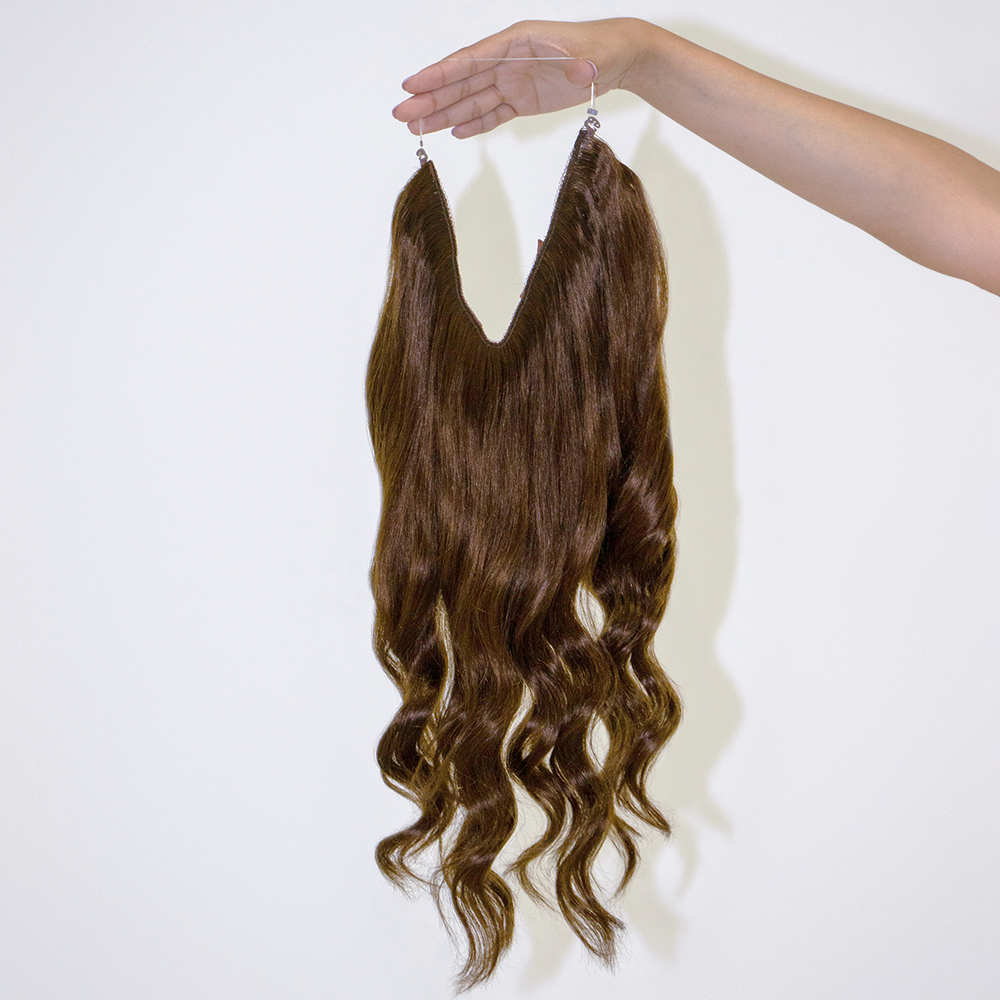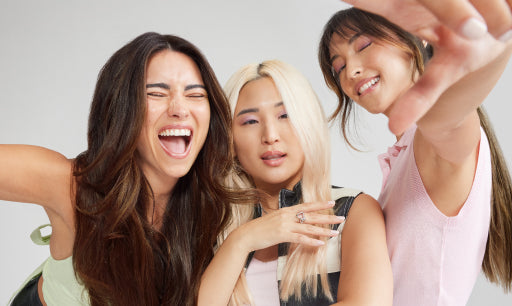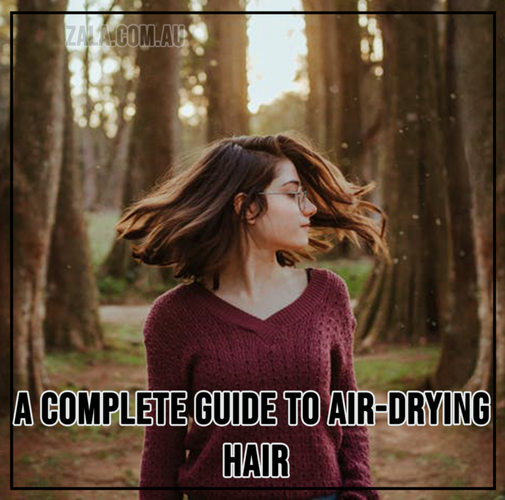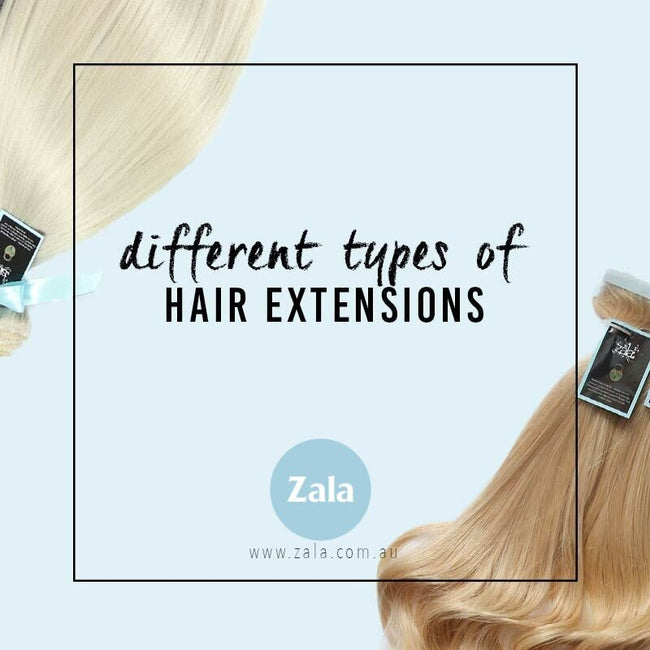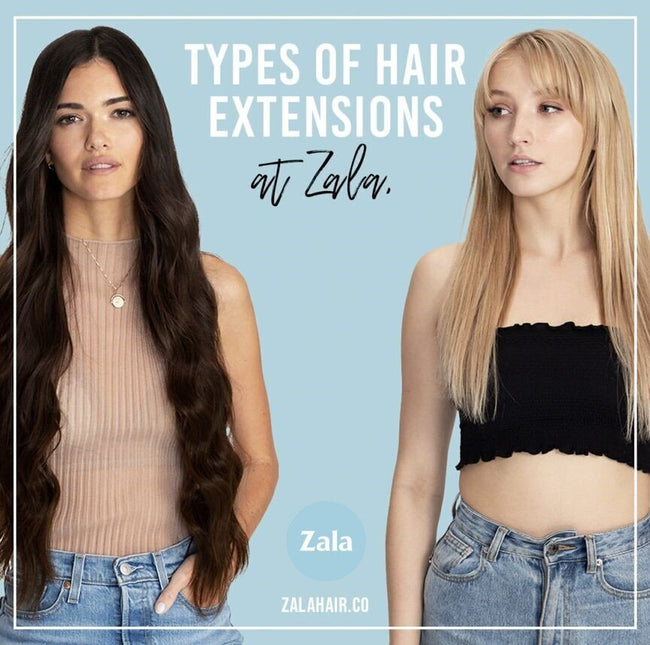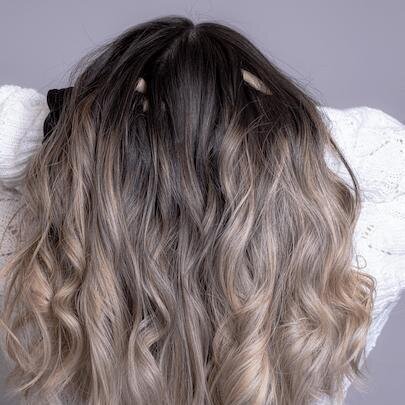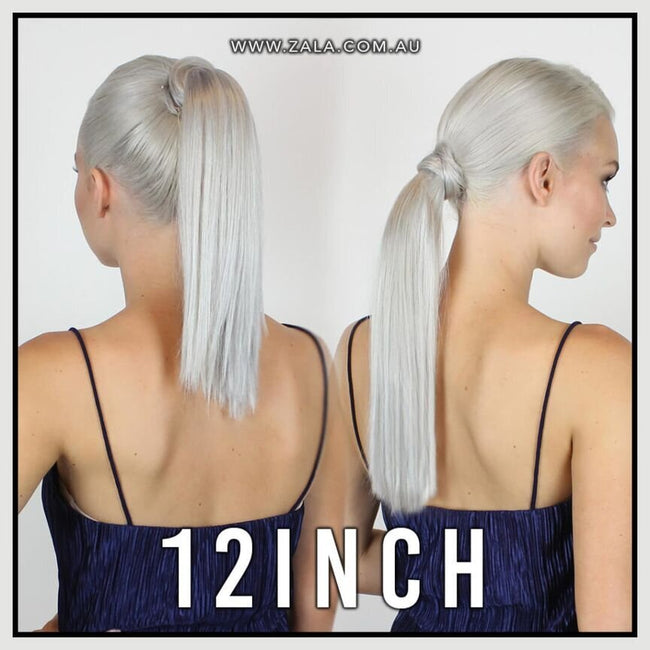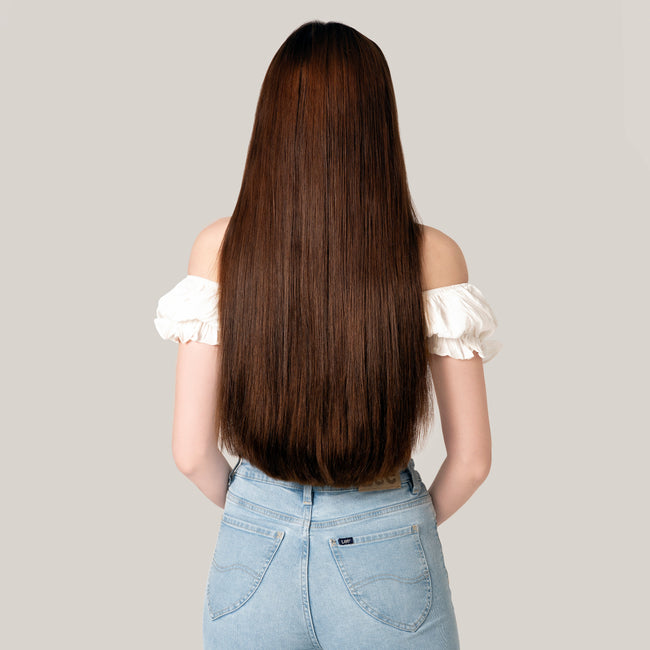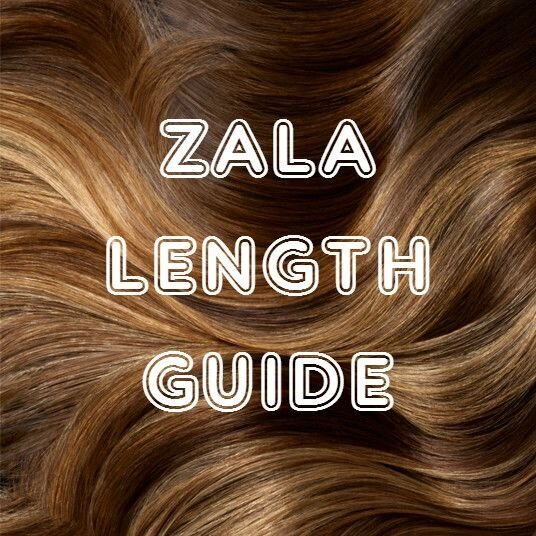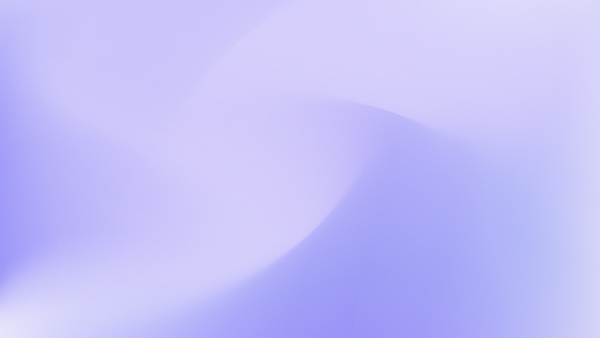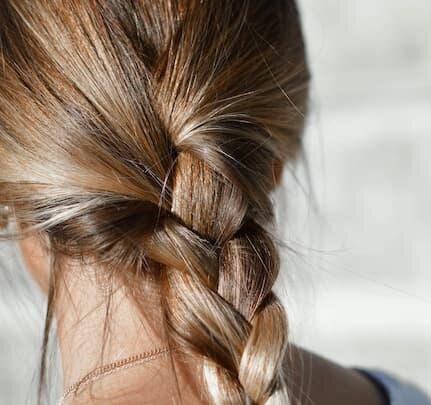Mythbusters: Is Gelatin Good For Hair?
Soft, squishy, and quite delicious when cooked. These are some of the words that can describe gelatin. You know, the same ingredient that your gummy bears are made of. But what you don’t know is some people actually use gelatin for their hair. Yes, gelatin.
This may seem like a weird choice for natural hair care, but we’re not one to instantly dismiss things, are we? So in today’s ZALA Mythbusters, we’ll see if the rumors are true: does gelatin help hair grow?

What is gelatin?
Gelatin is a product that comes from cooking collagen, a type of natural protein.
Perhaps you’ve heard of it before, and honestly, that’s no surprise. These days, the beauty industry has been pushing collagen for anti-aging and other beauty properties. Actually, collagen can be naturally found in both humans and animals. Various parts of the body, such as bones, ligaments, and skin, contain collagen.
When this collagen is cooked in boiling water, it turns into what will eventually become gelatin. In this form, gelatin has no color or flavor. You can dissolve it using warm water to add whatever ingredients you need for your recipe, and then cool it in the fridge so that it can take on its usual jelly-like form.
Effects of gelatin on hair
So, what are the benefits of gelatin for hair? And does gelatin help hair growth? Gelatin consists almost entirely of protein, the same thing that your hair is made of. It also has a lot of unique amino acids that are proven to assist in repairing and restoring your hair, skin, and nails. This is why there are many scientific studies out there that aim to explore the positive effects of gelatin.
In one study, researchers had 106 women eat either a placebo, or 10 grams of fish and pork collagen, where gelatin comes from before it is cooked. Those who actually took collagen showed a 28% increase in skin moisture and a 12% increase in hair moisture, after just eight weeks of adding it into their diets. Meanwhile, the placebo group didn’t experience such effects.
In another study, researchers gave a gelatin supplement to one group and a placebo to the other group, to be taken over the course of 50 weeks. The participants all suffered from alopecia, a disorder that causes partial or total hair loss. The results were incredible. The gelatin group’s hair growth was measured at 29% in 50 weeks, compared to just 10% for the placebo group. The gelatin group’s hair mass also increased by 40%, while the placebo group experienced a decrease of 10%. This isn’t to say that gelatin can combat alopecia, but it does seem to help with the hair loss.
Lastly, one study had researchers giving participants 14 grams of gelatin each day. After the duration of the study, the participants who ate gelatin daily experienced an average increase of 11% hair thickness.
Using gelatin for hair care
Wondering how to use gelatin for hair? There are two main methods.
Obviously, the first one consists of actually eating the gelatin. The second one is to incorporate it in your DIY hair treatments, which is pretty easy since gelatin is dissolvable in warm water. Plus, these days you can even get powdered gelatin, which makes the process even easier.
All you need is a pack of powdered gelatin, milk, and some conditioner. First, warm up the milk, then add in the gelatin. Let it sit for 15 minutes, then add in the conditioner. The resulting mixture should look like a gel, which you will then apply to your hair. You can put your hair in a shower cap to seal in the mixture and let your hair absorb everything. Leave it on for 30-40 minutes. Afterward, wash hair thoroughly with shampoo and dry. Repeat this at least once a week and if you’re lucky, you’ll see the results in just a few weeks!
Is gelatin good for hair?
So, does eating gelatin help hair grow? Surprisingly, it’s not just a myth. Gelatin can actually be good for your hair, especially if you eat it. Hard to imagine that such a flavorless and colorless ingredient could be used in so many ways, huh?
For more ZALA Mythbusters, don’t forget to check out our blog!
Share This Post:
